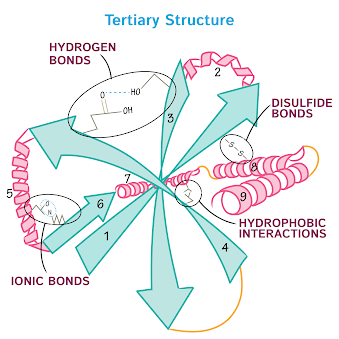Minerals play a crucial role in maintaining optimal health and well-being. While they are required by the body in smaller quantities compared to macronutrients like carbohydrates, proteins, and fats, minerals are essential for various physiological functions, ranging from bone health to immune system function. Here's a closer look at some key minerals and their roles in supporting human health:
- Calcium: Calcium is well-known for its role in building and maintaining strong bones and teeth. It also plays a crucial role in muscle function, nerve transmission, and blood clotting.
- Iron: Iron is essential for the formation of hemoglobin, the protein in red blood cells that carries oxygen from the lungs to the rest of the body. Iron deficiency can lead to anemia, resulting in fatigue, weakness, and impaired cognitive function.
- Magnesium: Magnesium is involved in over 300 biochemical reactions in the body, including energy metabolism, muscle and nerve function, and protein synthesis. It also plays a role in regulating blood pressure and maintaining bone health.
- Zinc: Zinc is important for immune function, wound healing, and DNA synthesis. It also plays a role in taste perception, hormone regulation, and reproductive health.
- Potassium: Potassium is an electrolyte that helps regulate fluid balance, nerve signals, and muscle contractions. It also plays a role in maintaining normal blood pressure and heart function.
- Sodium: Sodium is another electrolyte that helps regulate fluid balance and maintain blood pressure. However, excessive sodium intake is associated with high blood pressure and an increased risk of heart disease.
- Iodine: Iodine is essential for thyroid function and the production of thyroid hormones, which regulate metabolism, growth, and development. Iodine deficiency can lead to thyroid disorders, including goiter and hypothyroidism.
- Selenium: Selenium is a powerful antioxidant that helps protect cells from damage caused by free radicals. It also plays a role in immune function and thyroid health.
- Copper: Copper is involved in the production of red blood cells, collagen formation, and the absorption of iron. It also plays a role in maintaining healthy connective tissues, bones, and nerves.
- Manganese: Manganese is involved in bone formation, carbohydrate metabolism, and the regulation of blood sugar levels. It also acts as an antioxidant and helps protect cells from damage.
While many minerals can be obtained through a balanced diet that includes a variety of whole foods, some individuals may require supplementation, especially if they have specific health conditions or dietary restrictions. However, it's important to consult with a healthcare professional before starting any supplementation regimen, as excessive intake of certain minerals can have adverse effects on health.
.jpg)
.jpg)
.jpg)
.jpg)
.jpg)
.jpg)
.jpg)
.jpg)
.jpg)
.jpg)


.jpg)
.jpg)
.jpg)
.jpg)
.jpg)

.jpg)
.jpg)
.jpg)

.jpg)

.jpg)

.jpg)

.jpg)
.jpg)





.jpg)

